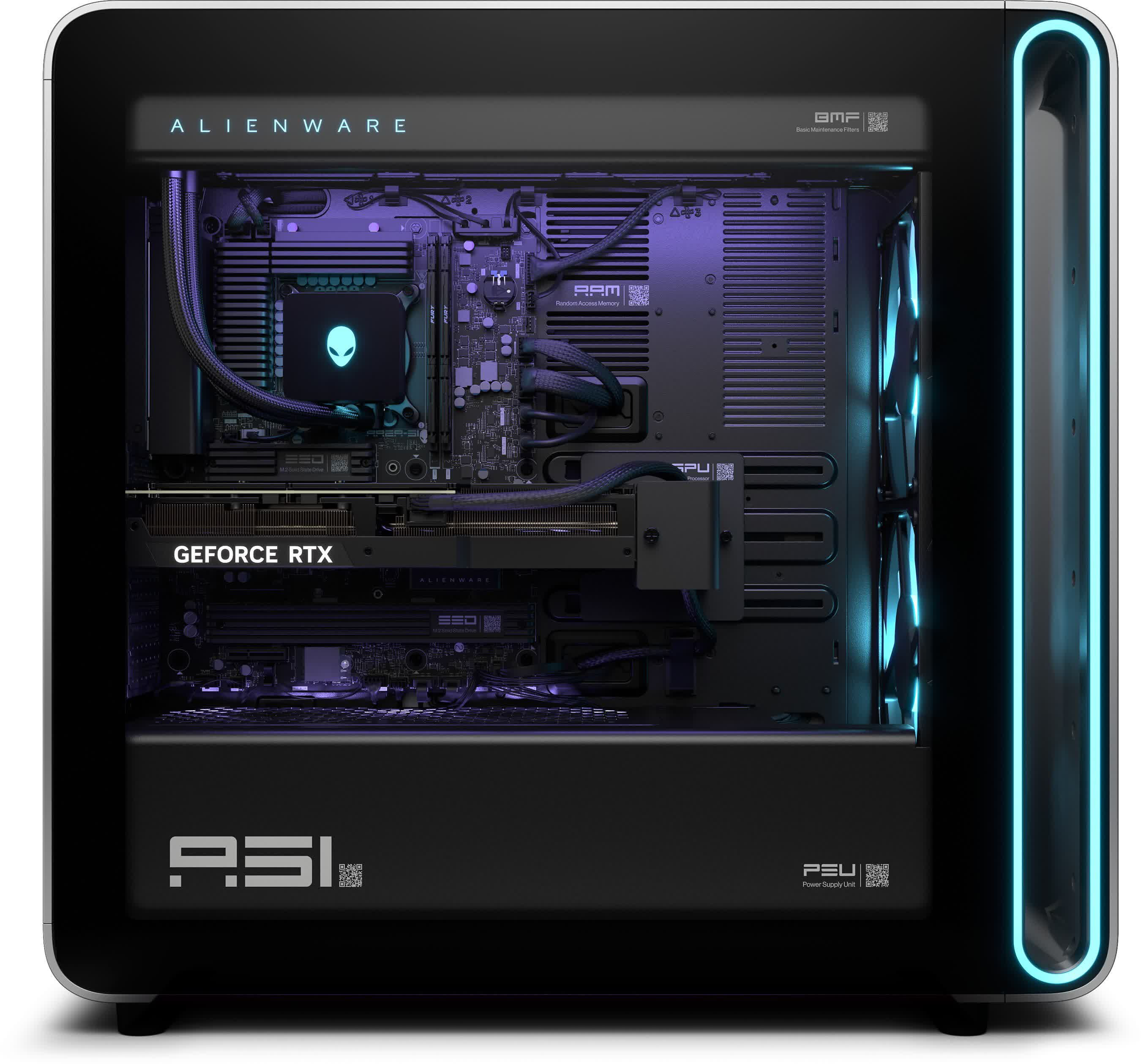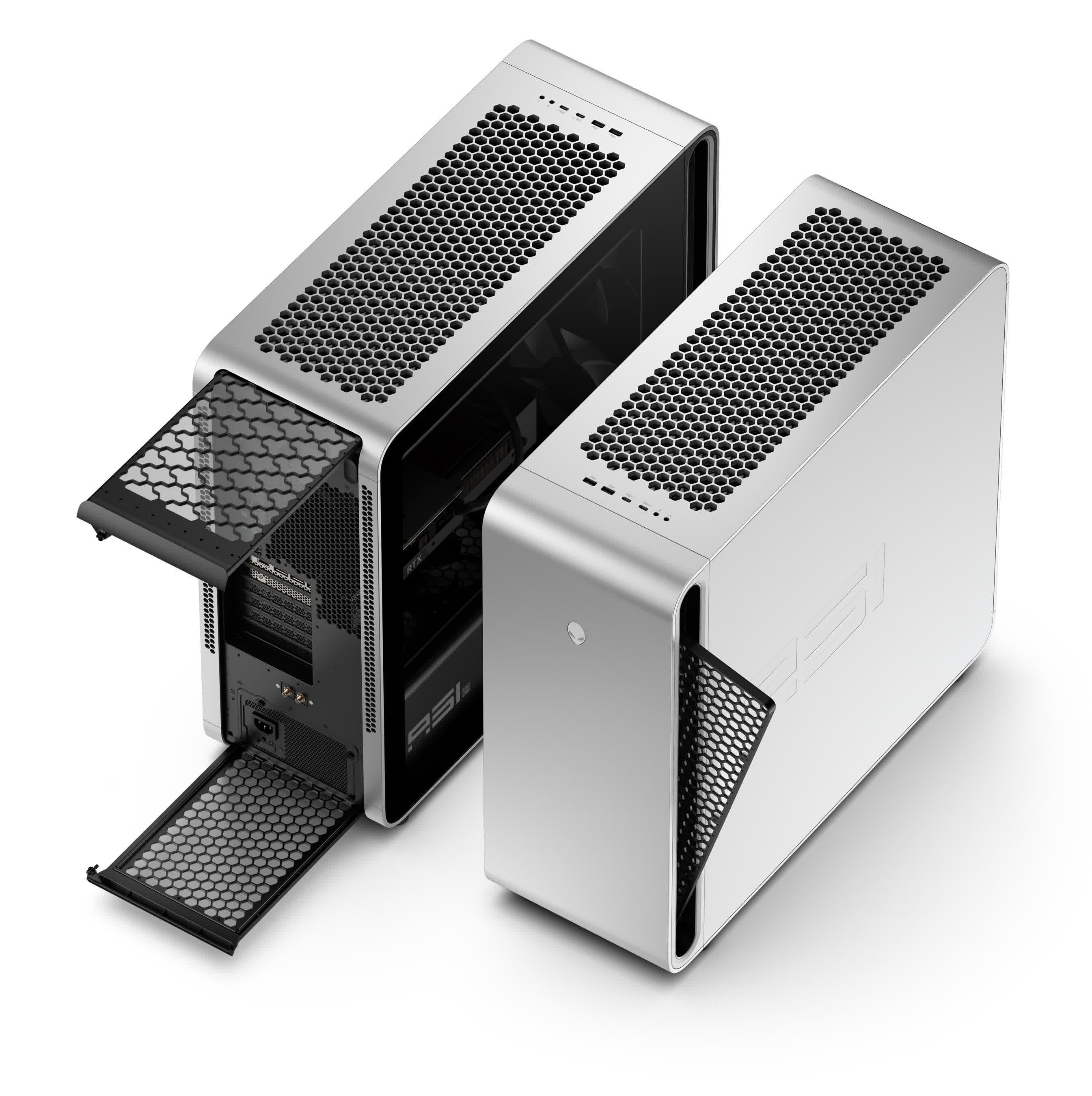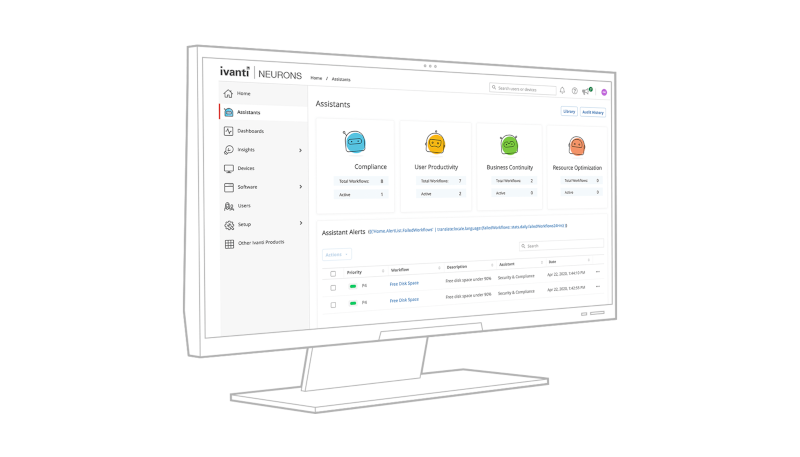In a nutshell: Alienware is kicking off the new year by reviving one of its most iconic gaming desktops, the mighty Area-51, as its new flagship. The brand had been available since 1998 before Dell pulled the plug after 2017’s Area 51 R4 announcement. They’re now back, but be prepared to take out a small loan because the units don’t come cheap.
The Area-51 is a massive 80L full tower packing some outrageously beefy specs. The biggest highlight is arguably its support for up to 600W of graphics power from nondescript “high-end, next-gen, Nvidia GPUs,” plus up to 280W of multi-core CPU power from the Intel Core Ultra 9 285K CPU.
Keeping all that power cool is a completely re-engineered airflow system. Instead of a simple exhaust fan setup, the Area-51 creates positive pressure inside the chassis – essentially forcing hot air out the back passively. Alienware claims that this approach results in significantly better cooling performance compared to previous desktops from the brand.

The chassis pulls this off using a flock of huge intake fans. This includes dual 140mm blowers directing air up towards the GPU, another pair of 180mm units pushing laterally from the front, and either dual or triple 120mm units pulling air from the top for liquid cooling setups.
Alienware says that this “Positive Pressure” design moves 25% more air, runs 13% cooler, and is a whopping 45% quieter than last-gen Alienware Auroras. The company also claims that the setup enables a massive 50% better processing power versus those older models.
Another big focus is upgradability. You can open up the Area-51’s roomy chassis easily by twisting a rear knob. QR codes inside link to handy videos for swapping parts like RAM, GPUs, SSDs, and PSUs. There are even guides for basic maintenance tasks like cleaning the trio of removable filters.

Circling back to specs, the system offers up to 64GB of blazing-fast DDR5 XMP RAM at 6400 MT/s speeds, up to 8TB of storage across two 4TB drives, and liquid cooling support up to a massive 420mm radiator. Power is supplied by either a beastly 1500W Platinum-rated PSU or a slightly tamer 850W Gold unit – neither of which should leave you wanting more.
As for the price for getting your hands on this rig, the range-topping launch model will set you back by $4,499 when it arrives in Q1 2025. Alienware hasn’t shared the figures for the lower-cost variants, but more affordable options are set to follow later in the year.








Leave a Comment